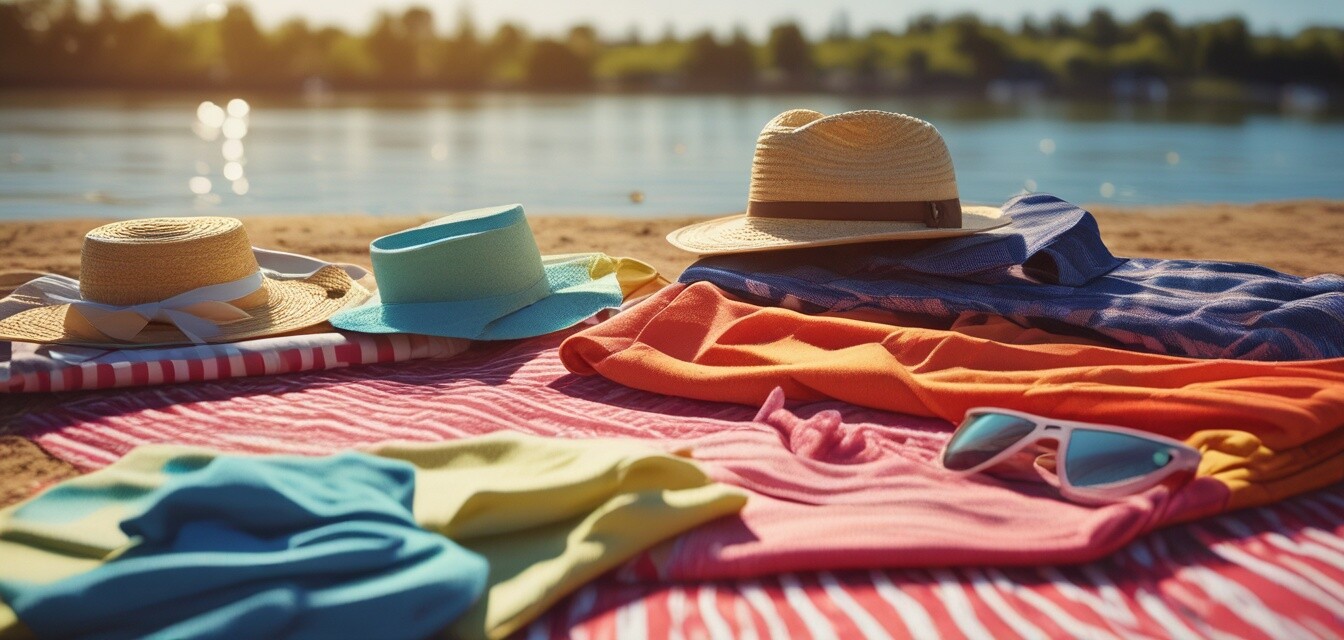
Essential Sun Protection Gear for Family Outings
Key Takeaways
- UV protective clothing blocks harmful rays, offering more reliable protection than regular clothes.
- Consider UPF ratings when selecting clothing; aim for a UPF of 30 or higher.
- Don’t forget accessories like hats and sunglasses for complete sun protection.
- Choose moisture-wicking fabrics for comfort during outdoor activities.
- Plan ahead to ensure your family is well-equipped for any outdoor adventure.
When planning family outings, especially during sunny days, ensuring adequate sun protection for each family member is essential. UV protective gear not only provides safety from harmful rays but also encourages outdoor activities without the worry of sun damage. This guide will explore various sun protection gear, including clothing, accessories, and tips for an enjoyable, safe experience outdoors.
Understanding UV Protective Clothing
UV protective clothing is designed specifically to shield the skin from the sun's ultraviolet (UV) rays. Unlike typical fabrics, which may only offer minimal UPF (Ultraviolet Protection Factor), dedicated UV clothing can provide significantly higher ratings, often between UPF 30 and 50+. Here’s a breakdown of UPF ratings:
| UPF Rating | Sun Protection Level |
|---|---|
| UPF 15-24 | Good protection |
| UPF 25-39 | Very good protection |
| UPF 40-50+ | Excellent protection |
Benefits of UV Protective Gear
- Consistent protection without the need for frequent sunscreen reapplication.
- Ideal for extended outdoor activities including beach outings, hiking, and sports.
- Perfect for photosensitive individuals or those on medication that increases sun sensitivity.
- Especially vital for children, who are more susceptible to sun damage.
- Cost-effective by reducing the dependency on sunscreen purchases over time.
Essential Sun Protection Gear
When gearing up for a family outing, the following items should be included in your sun protection arsenal:
1. UV Protective Clothing
Look for a variety of UV protective clothes tailored for different activities, such as:
- Casual wear for a relaxed outing.
- Outdoor wear for more rugged adventures.
- Kids' apparel to keep younger family members safe.
- Swimwear for beach or pool days.
2. Wide-Brimmed Hats
A good hat can provide essential shade for the face, neck, and ears. Look for hats with a wide brim and UPF fabric. They’re crucial for any family outing.
3. Sunglasses
Ensure everyone has sunglasses with UV protection to safeguard their eyes from harmful rays. Look for labels indicating they block 100% of UVA and UVB rays.
4. Sunscreen
While UV clothing can significantly reduce UV exposure, applying a broad-spectrum sunscreen on exposed areas is still vital. Opt for water-resistant formulas and reapply every two hours.
Tips for Using UV Protective Gear
Beginners Section
- Always check the UPF rating before purchasing clothing.
- Coordinate clothing for family members to ensure everyone is protected.
- Store protective gear in an easily accessible spot for spontaneous outings.
- Encourage your family to wear protective clothing even on cloudy days; UV rays can penetrate clouds.
- Consider moisture-wicking fabrics to keep cool during hot days.
Conclusion
Investing in UV protective gear ensures your family enjoys the outdoors safely and comfortably. By planning ahead and understanding the different types of sun protection available, you can make informed choices that contribute to the health and well-being of your loved ones. Don't leave your protection to chance; equip yourselves with the right gear for your next family adventure!
Pros
- Comprehensive coverage against UV rays
- Long-lasting with less need for reapplication
- Suitable for various outdoor activities
- Specialized options for children
- Cost-effective in the long run
Cons
- Potentially higher initial cost compared to regular clothing
- Limited fashion options in some cases